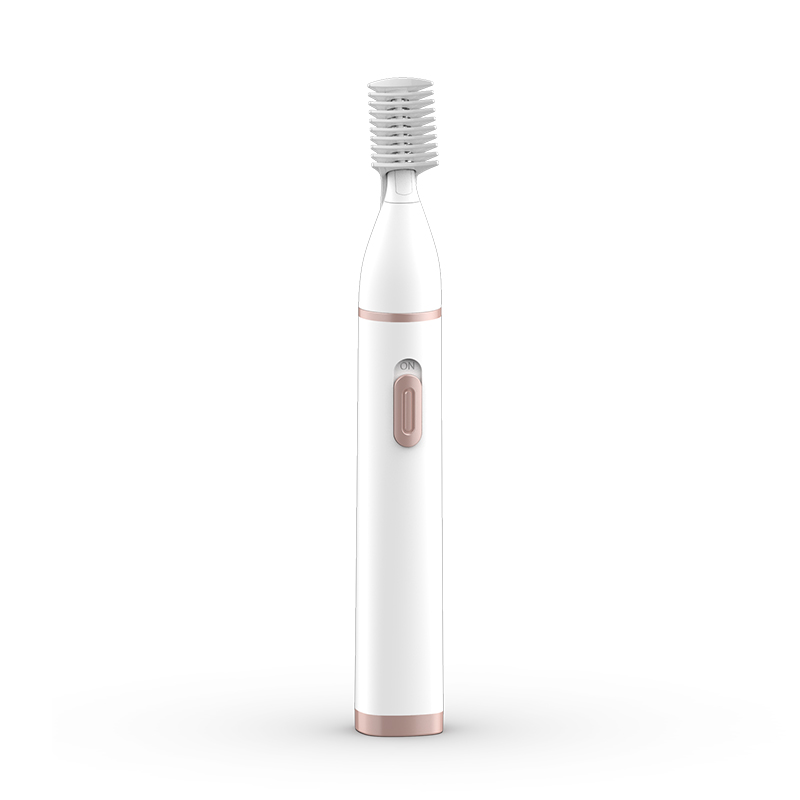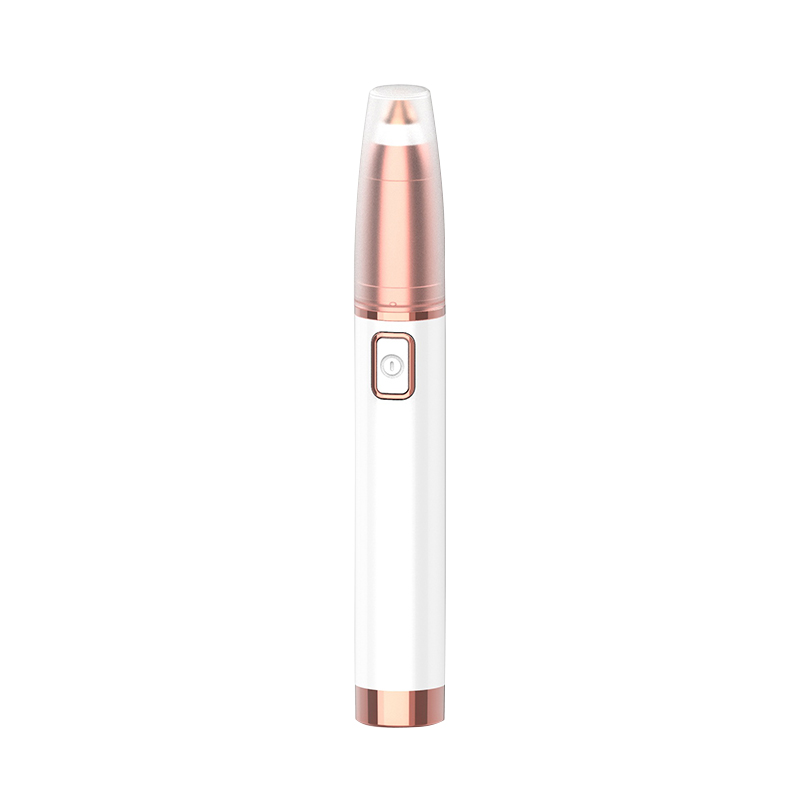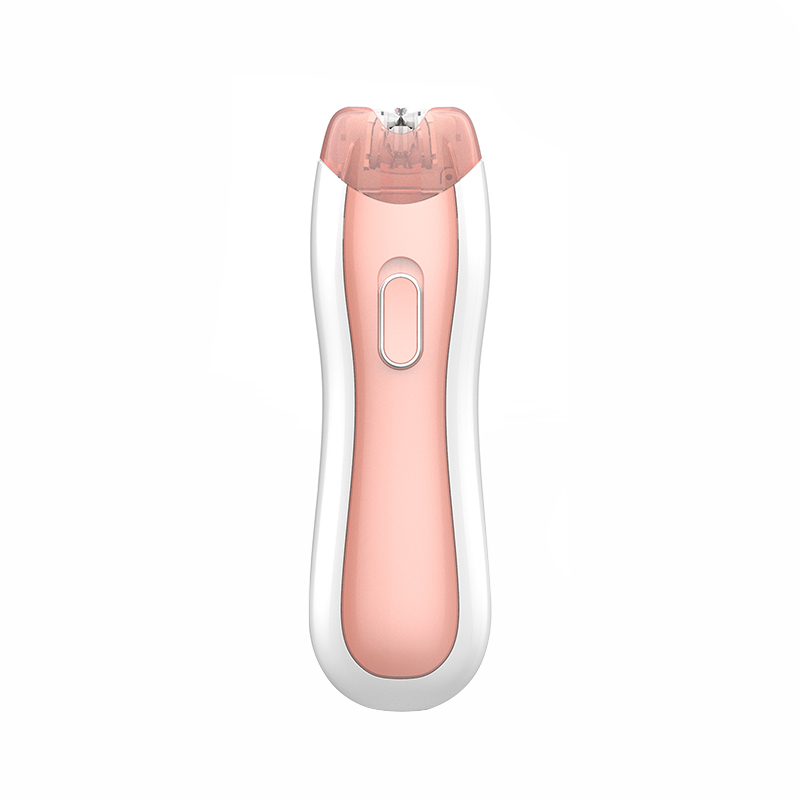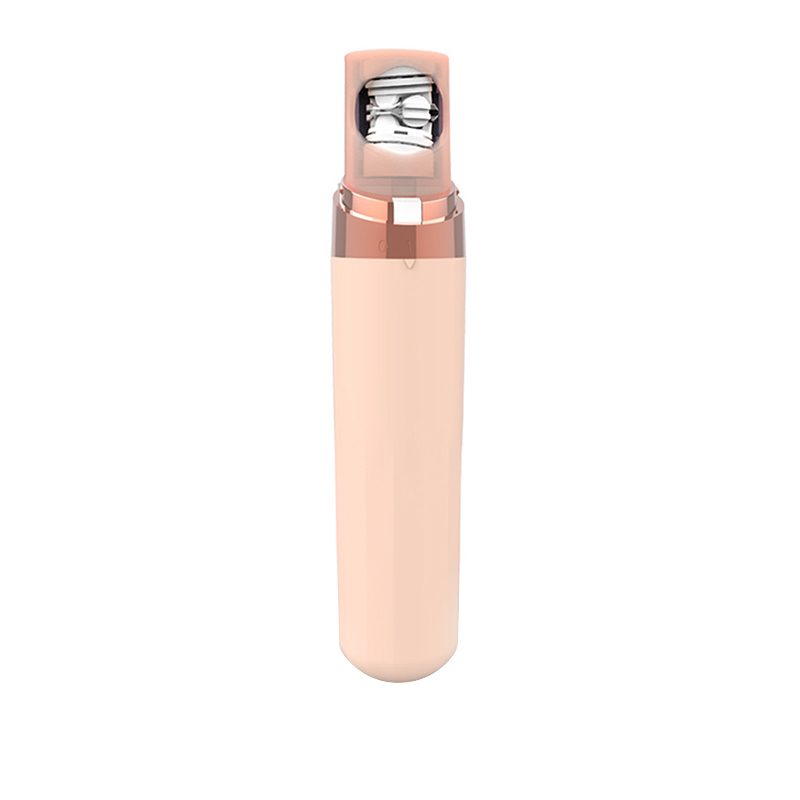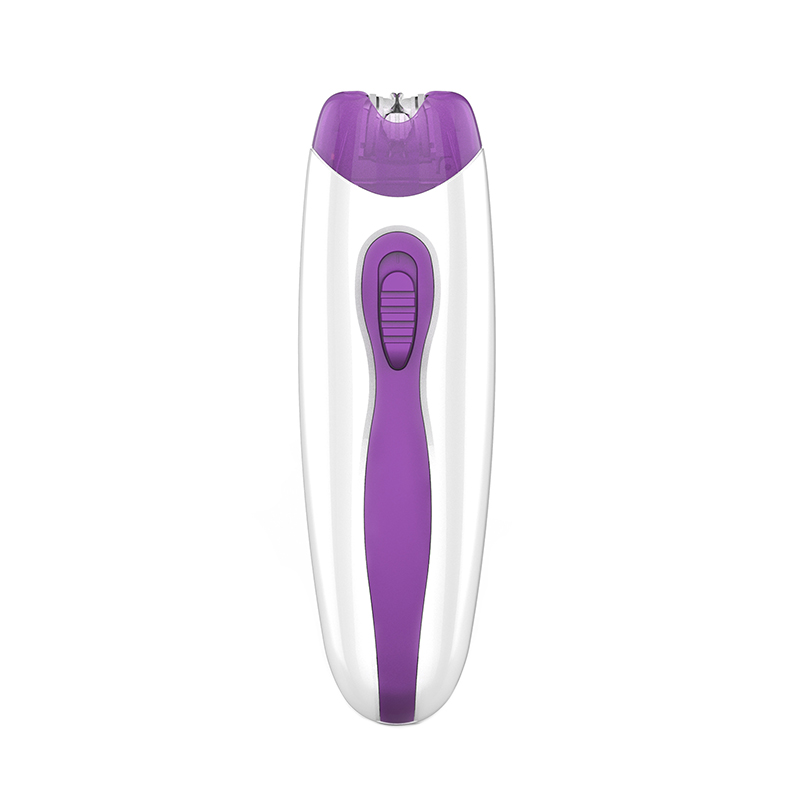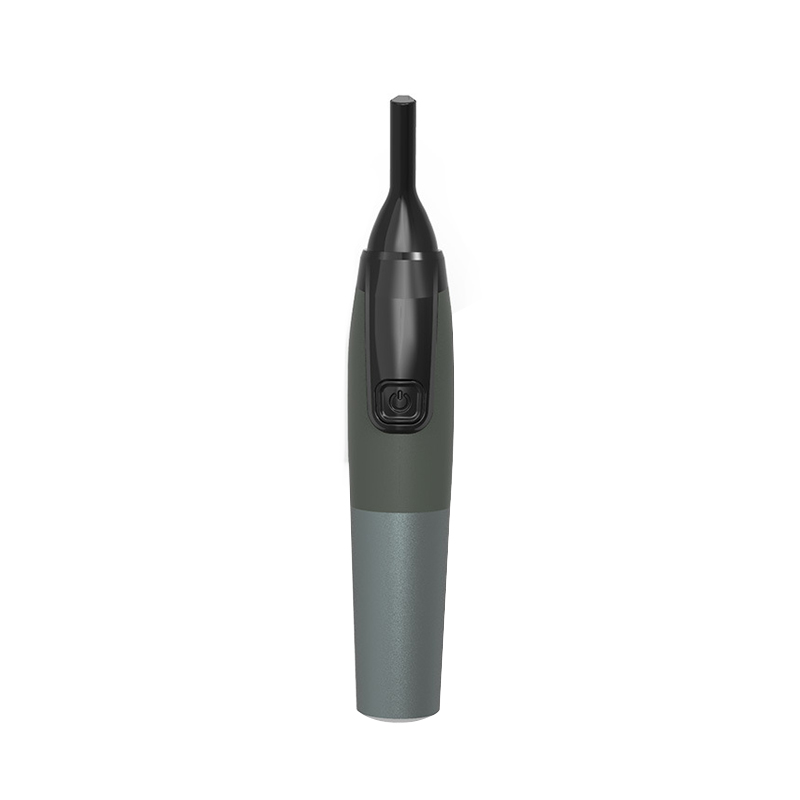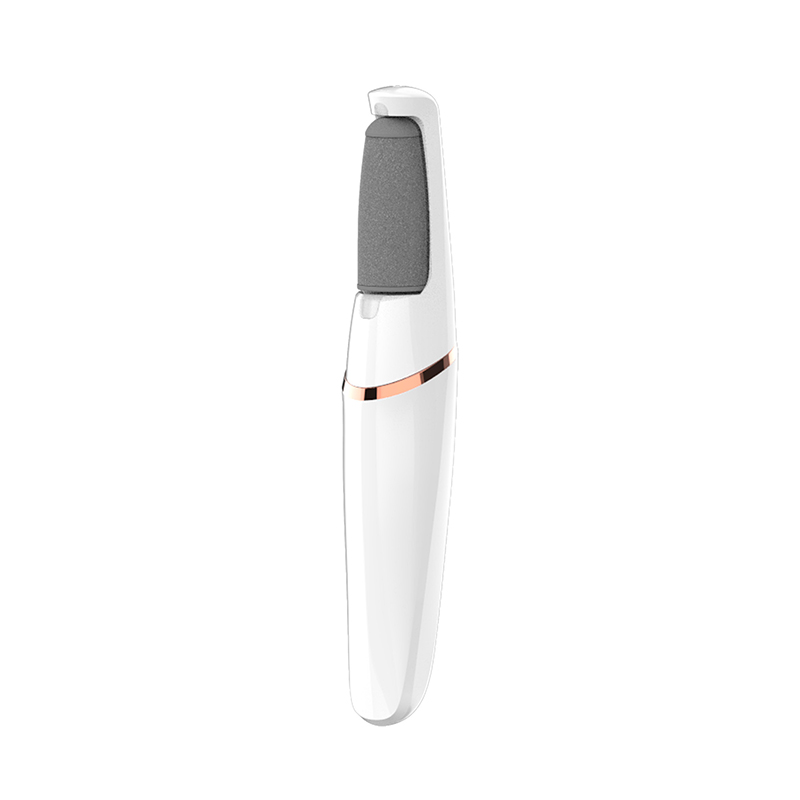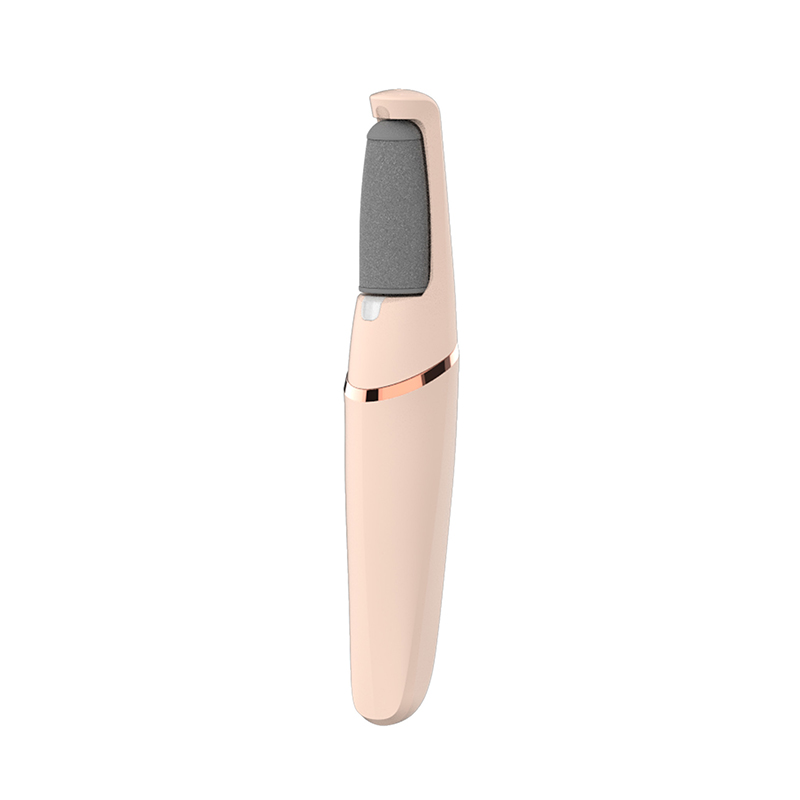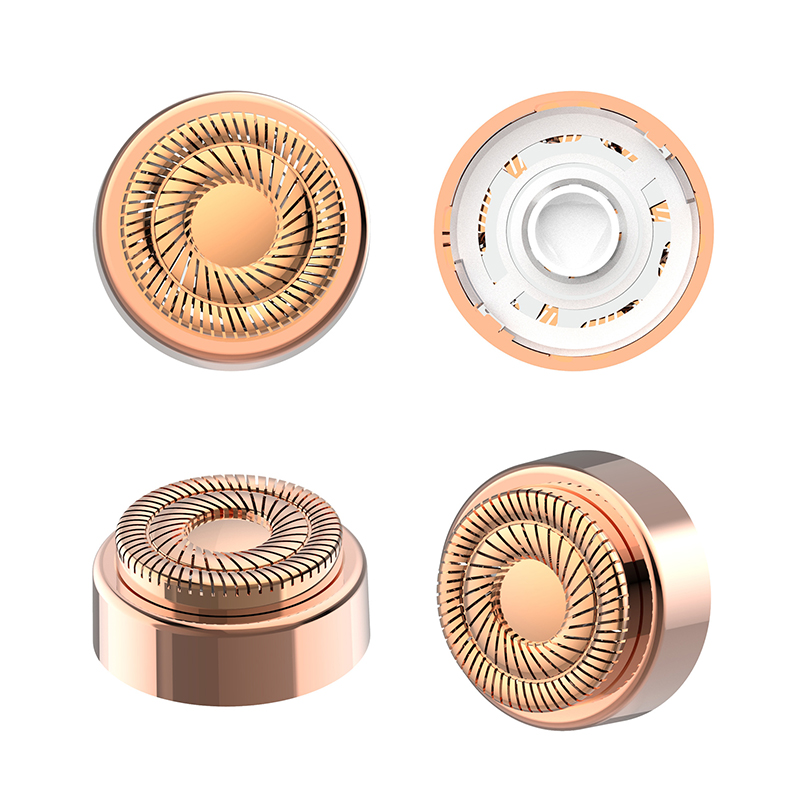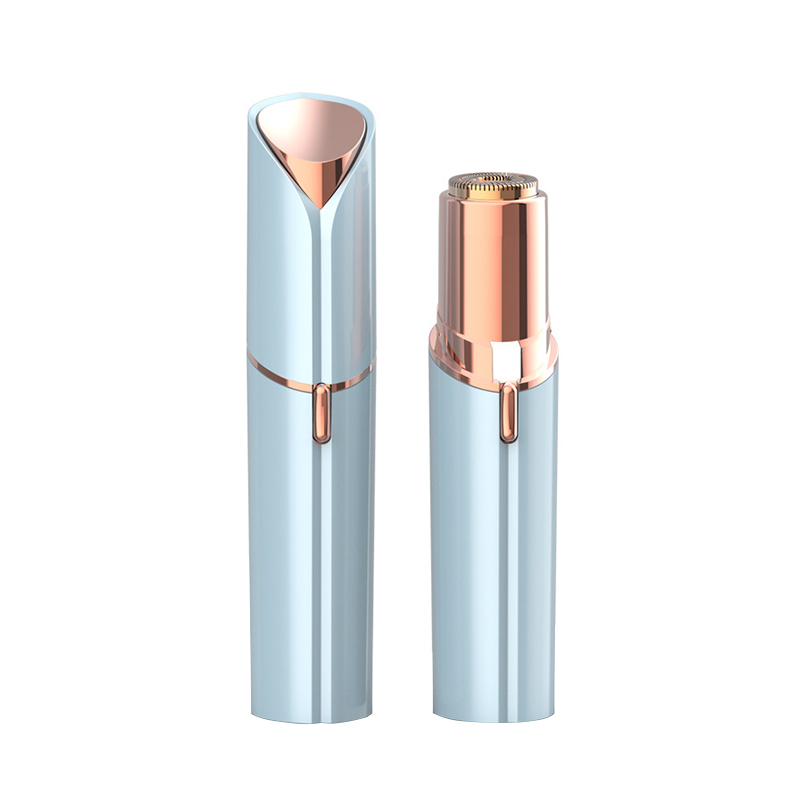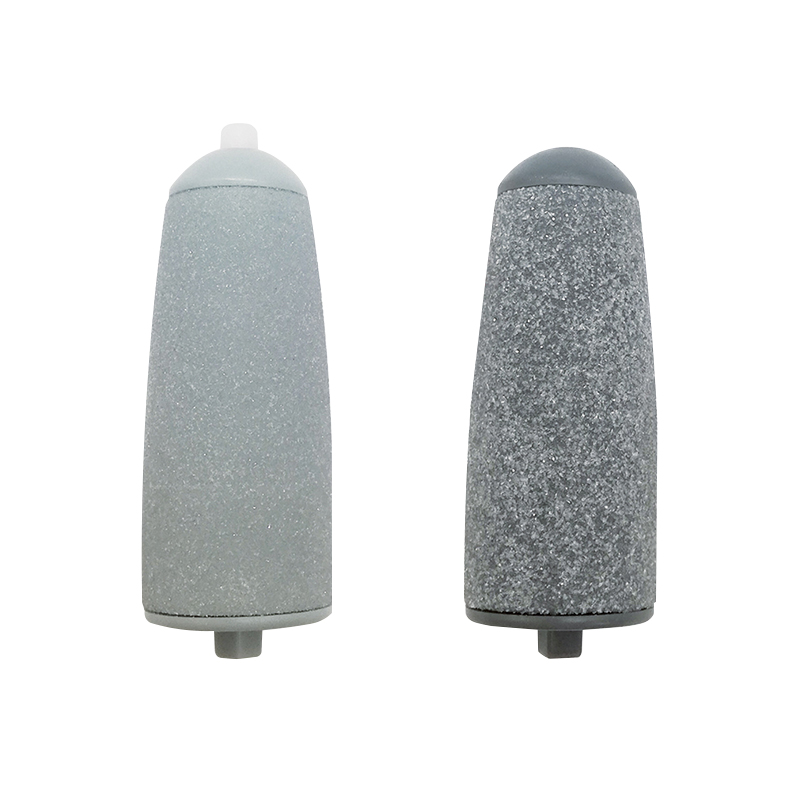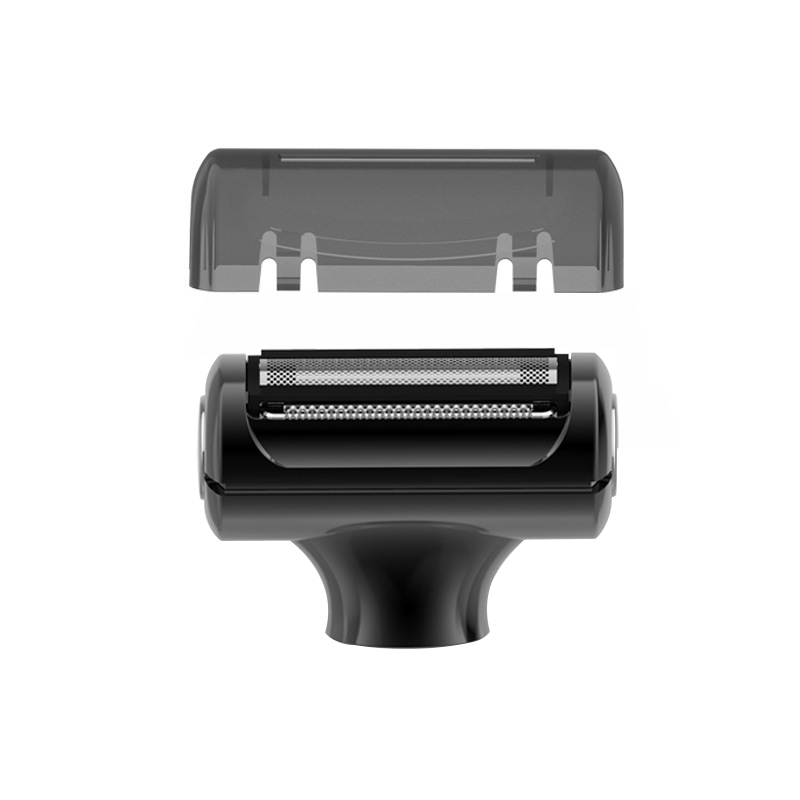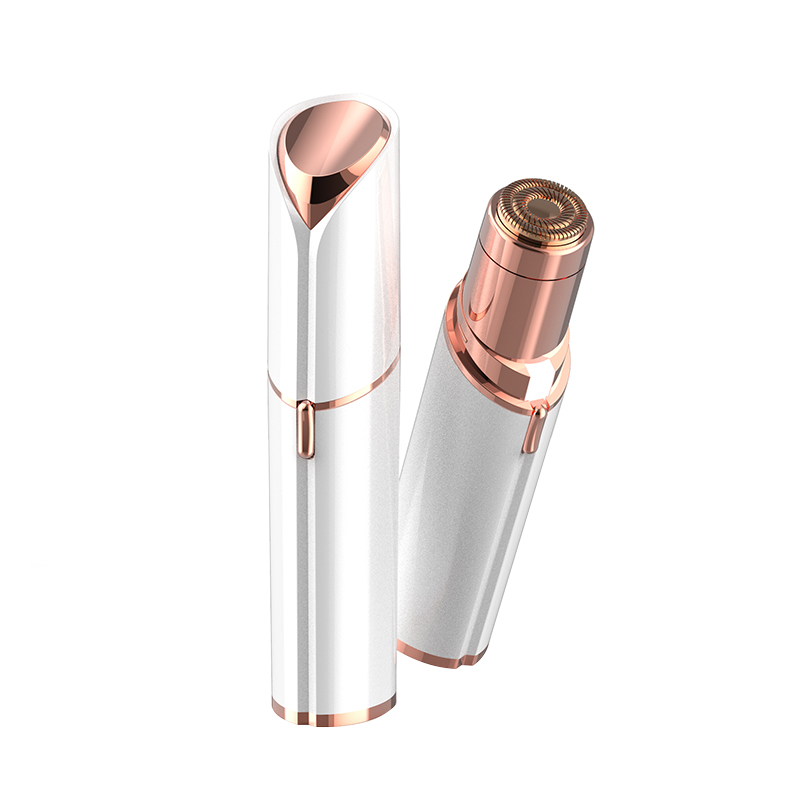Personal care appliances have become integral to daily grooming and skincare routines, offering convenience and efficiency. However, for individuals with sensitive skin, concerns about safety, irritation, and adverse reactions are paramount.
Understanding Personal Care Appliances and Sensitive Skin
Sensitive skin is characterized by heightened reactivity to external factors, often resulting in redness, itching, or inflammation. Personal care appliances include devices such as facial cleansing brushes, hair removal tools, electric shavers, and light-based therapy devices. These appliances operate through mechanical, thermal, or energy-based mechanisms, which can vary in their impact on sensitive skin. Safety depends on factors like device design, usage frequency, and individual skin tolerance.
Types of Personal Care Appliances
Personal care appliances can be categorized based on their primary function:
-
Cleansing Devices: Electric facial brushes or silicone-based cleaners use oscillating or sonic motions to remove impurities. For sensitive skin, models with soft bristles or gentle modes may reduce friction.
-
Hair Removal Tools: These include epilators, which pluck hair mechanically, and intense pulsed light (IPL) devices, which use light energy to inhibit hair growth. Epilators can cause temporary redness, while IPL requires caution due to potential thermal effects.
-
Shaving Appliances: Electric razors with foil or rotary blades aim to minimize direct contact with skin. Those equipped with hypoallergenic coatings or adjustable settings may suit sensitive skin.
-
Treatment Devices: Tools for anti-aging or acne, such as microcurrent or LED therapy devices, typically involve low-energy exposure. However, sensitivity to light or electrical currents should be considered.
Each type varies in its potential to cause irritation, emphasizing the need for personalized selection.
Applications and Safe Usage Practices
To mitigate risks for sensitive skin, users should adhere to guidelines:
-
Pre-Use Testing: Conduct a patch test on a small skin area before full application.
-
Hygiene Maintenance: Regularly clean appliance heads to prevent bacterial buildup, which can exacerbate sensitivity.
-
Moisturization and Preparation: Apply gentle, fragrance-free moisturizers or pre-treatment products to create a protective barrier.
-
Frequency and Duration: Limit usage to manufacturer recommendations; overuse can compromise skin barrier function.
-
Settings Adjustment: Opt for lower intensity or speed settings where available.
Clinical studies suggest that proper technique, such as avoiding excessive pressure, can reduce adverse effects. Consulting a dermatologist is advised when integrating new appliances into a routine.
Comparative Analysis of Safety Profiles
Not all personal care appliances pose equal risks for sensitive skin. Key comparisons include:
-
Mechanical vs. Energy-Based Devices: Mechanical appliances (e.g., cleansing brushes) rely on physical contact, which may cause micro-abrasions if used aggressively. Energy-based devices (e.g., IPL) involve heat or light, potentially triggering inflammation in reactive skin.
-
Contact Time and Intensity: Devices with shorter contact times (e.g., electric shavers) generally present lower irritation risks than those requiring prolonged use (e.g., epilators).
-
Material Composition: Appliances with non-comedogenic, silicone, or ceramic components are less likely to harbor irritants compared to those with rough plastics or metals.
Evidence indicates that appliances featuring customizable settings and safety certifications (e.g., FDA clearance) may offer enhanced reliability for sensitive skin.
Frequently Asked Questions (FAQ)
Q1: Can personal care appliances cause permanent damage to sensitive skin?
A: When used incorrectly, temporary irritation is possible, but permanent damage is rare. Factors like pre-existing conditions or improper settings increase risks. Follow instructions and discontinue use if adverse reactions persist.
Q2: How do I choose a safe appliance for sensitive skin?
A: Prioritize devices with gentle modes, adjustable features, and materials designed for sensitivity. Review clinical data or consumer reports focusing on skin tolerance.
Q3: Are there specific ingredients or features to avoid?
A: Avoid appliances with harsh abrasives, high-heat settings, or non-hypoallergenic materials. Look for terms like "dermatologist-tested" or "sensitive skin-friendly" in product descriptions.
Q4: How often should I use these appliances on sensitive skin?
A: Start with infrequent use (e.g., once weekly) and gradually increase only if no irritation occurs. Overuse can lead to cumulative stress on the skin.
Q5: Do personal care appliances require special maintenance for sensitive skin?
A: Yes, regular cleaning with mild solutions prevents residue accumulation. Replace attachments as recommended to maintain hygiene.
Personal care appliances can be safe for sensitive skin when selected and used judiciously. Key considerations include device type, application methods, and individual skin responses. By emphasizing evidence-based practices and precautionary measures, users can leverage the benefits of these appliances while minimizing risks. Ongoing research and professional guidance remain essential for adapting to evolving skincare needs.



